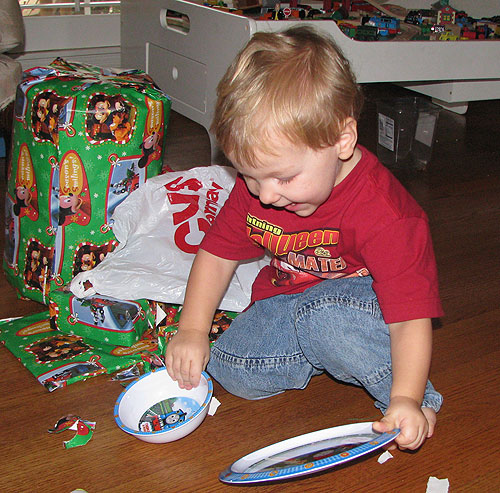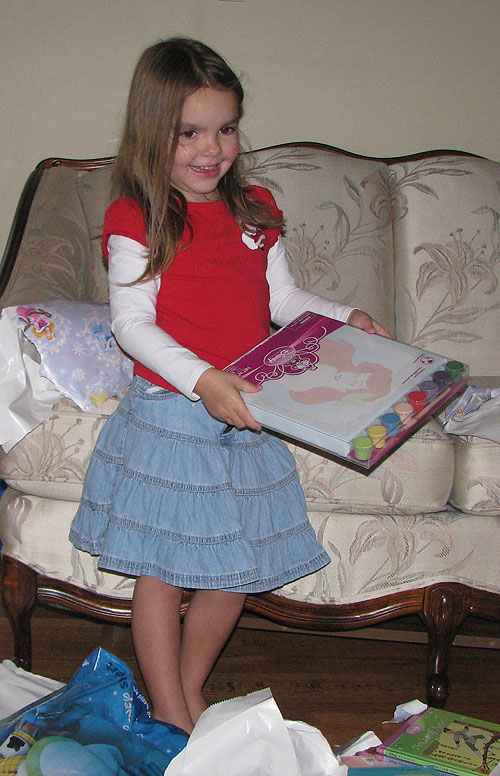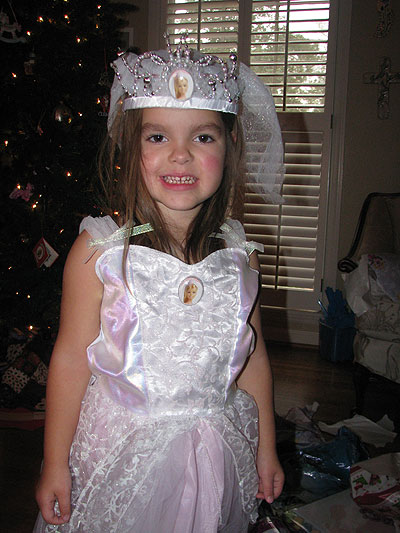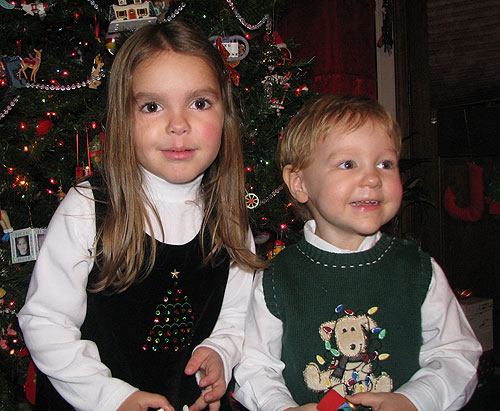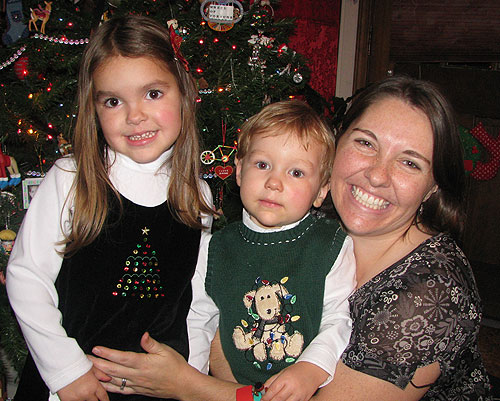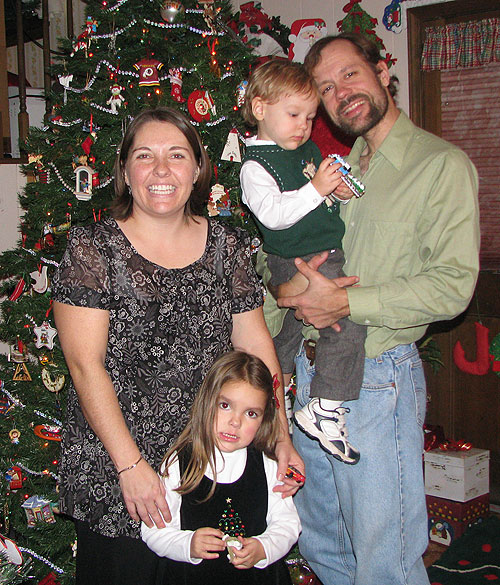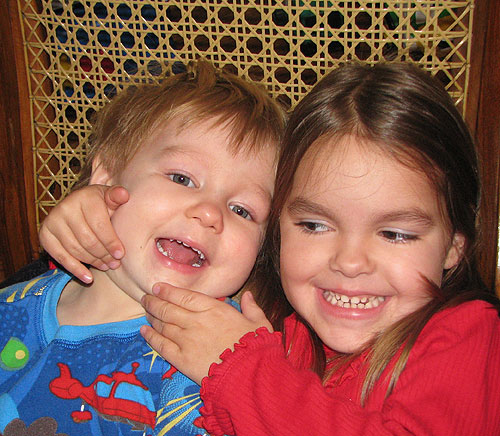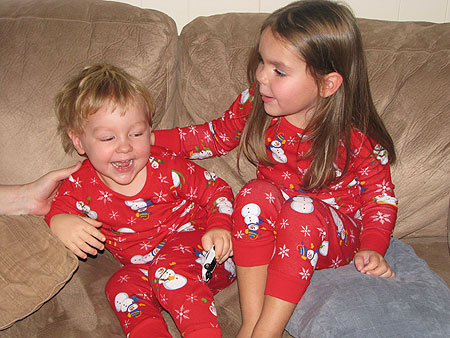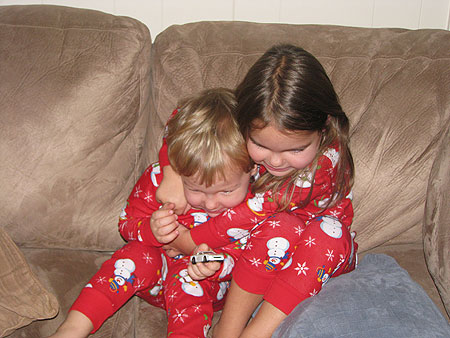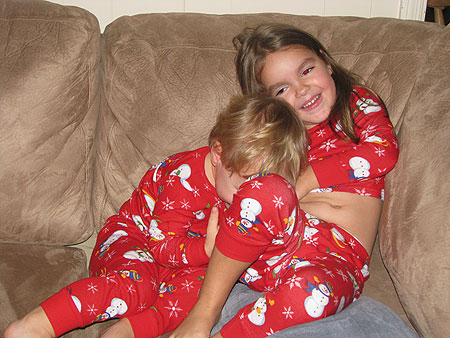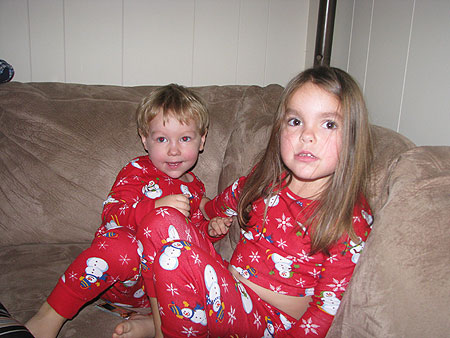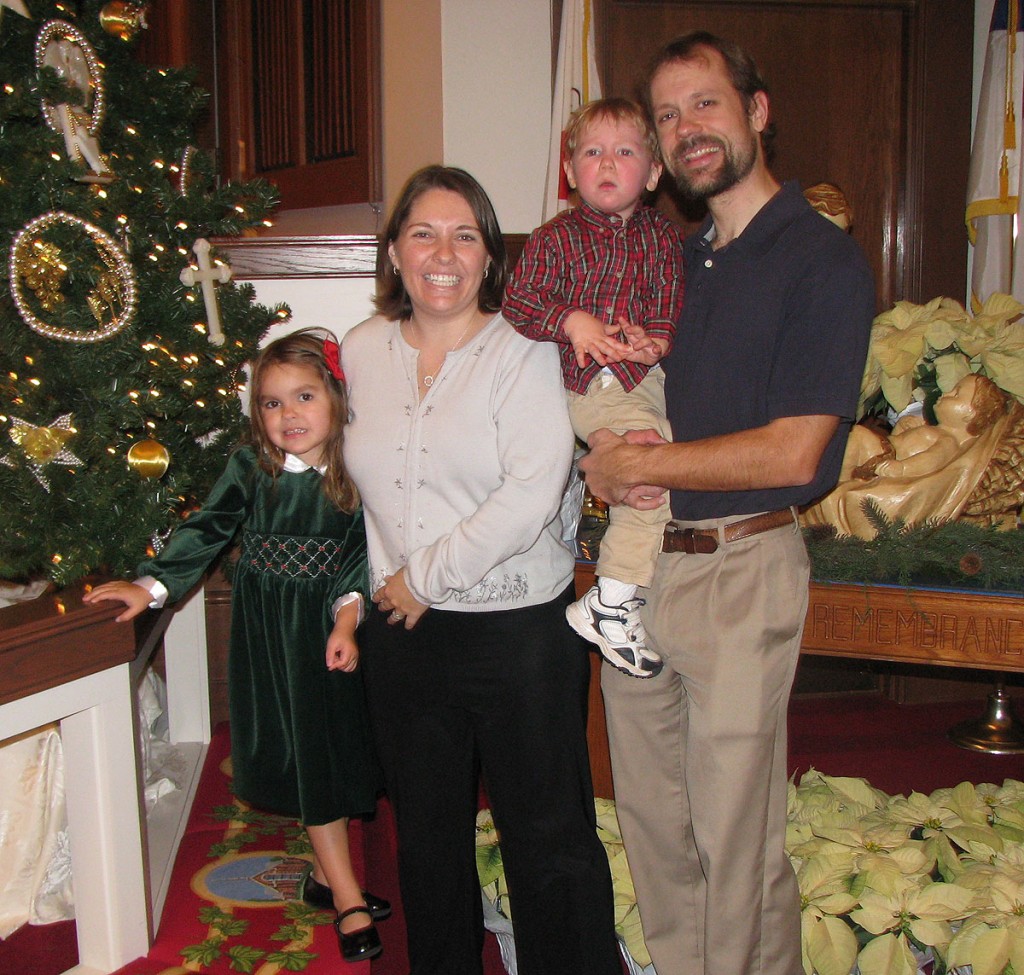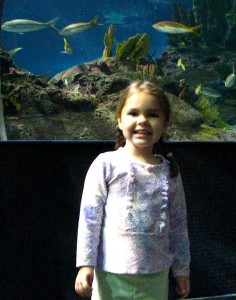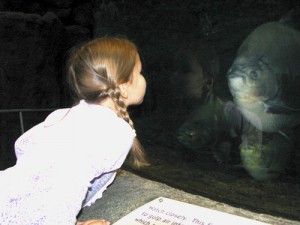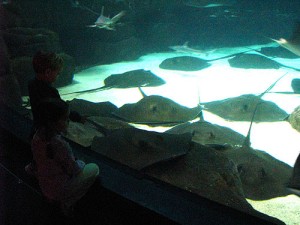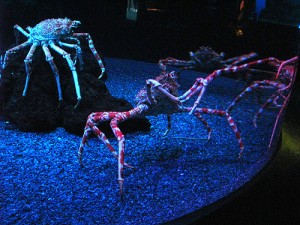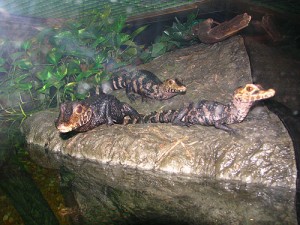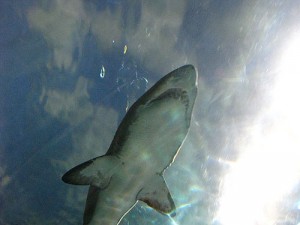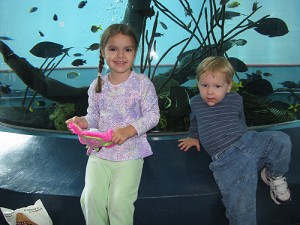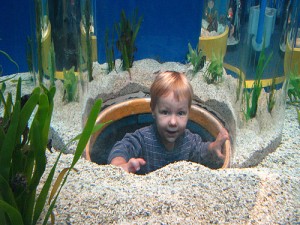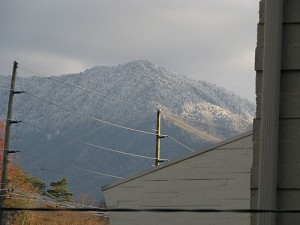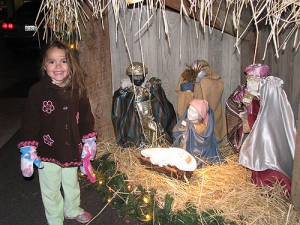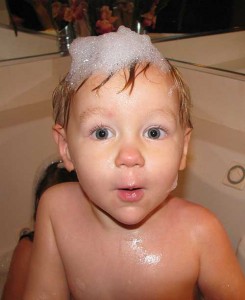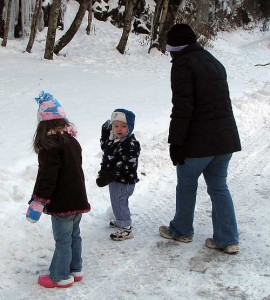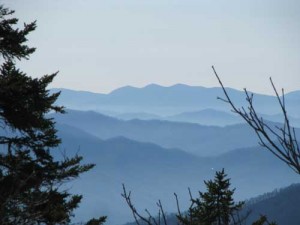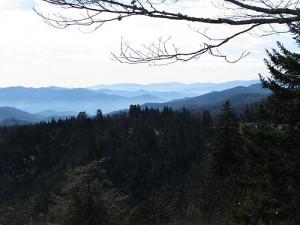History
We have booked our hotel reservations for our trip to Nicaragua! Like any country, the people of Nicaragua have a wide range of incomes – from very poor to very rich. The town where we are staying, León, is the second largest city in the country. One of the unique things about León is the incredible mix of people living there. In 1998, Hurricane Mitch devastated the country with flooding – particularly villages on the volcanoes north of León:
In all, Hurricane Mitch caused at least 3,800 fatalities in Nicaragua, of which more than 2,000 were killed in the towns of El Provenir and Rolando Rodriguez from the landslide at the Casitas volcano. The mudslide buried at least four villages completely in several feet of mud. Throughout the entire country, the hurricane left between 500,000 and 800,000 homeless. In all, damage in Nicaragua is estimated at around $1 billion (1998 USD, $1.17 billion 2006 USD) — wikipedia.com
After the hurricane, a number of refugee camps were setup on the outskirts of León for people who had survived the mudslides. These villages eventually developed into permanent neighborhoods. These are the people that Kristine primarily worked with when she was living in Nicaragua from 2001-2003.
Nuevas Esperanzas
The work of Nuevas Esperanzas extends far beyond the city of León to villages near the volcanoes and on into the mountains near Malpaisillo focusing on everything from rainwater harvesting to housing projects for rural impoverished communities as well as displaced coffee workers. León serves as the headquarters and “base camp” for all of these projects. Check out the map of Nicaragua I created with various locations relevant to our current and past trips highlighted:
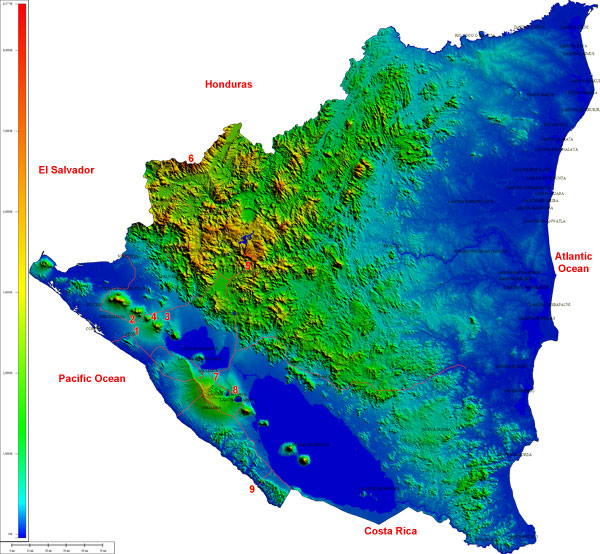
Color shaded relief map of Nicaragua (Click the map to open a larger image in a new window)
- León, Nicaragua – This is where Nuevas Esperanzas is located.
- Telica – Several rainwater projects are in the area surrounding the volcano.
- La Palmerita – Nuevas Esperanzas has worked to help establish permanent housing for displaced coffee workers.
- Cerró Negro – Kristine and I climbed the summit of this volcano with Andrew (director of Nuevas Esperanzas) in 2002. This volcano, like all of the others on the western coast of Nicaragua, is quite active. The last major eruption was in 1999. Check out the photos from recent eruptions.
- Matagalpa and Jinotega – This area is the original home for a number of the displaced coffee workers currently living in La Palmerita.
- Highest point in Nicaragua – 6,557 feet on the border of Honduras
- Managua – This is the capital of Nicaragua. The airport is located on the east side of the town (approximately underneath the number 7 on the map).
- Laguna de Apoyo – We will be spending our first two nights in Nicaragua with Jane and Andrew a short drive from the airport
- San Juan del Sur – This is a popular fishing village and vacation area in the far south of the country near the border of Costa Rica. Kristine and I enjoyed a visit here in 2002 during the Christmas holidays. (We won’t be going there on our trip this time, but I thought I would include it on the map as it highlights the parts of the country that we have visited in the past. Also, notice how major roads are only found on the western side of the country because of tropical rain forests (largest tropical rain forests north of the Amazon) and river deltas.)
Hotel San Juan de León
Finally, with that background in mind, now I’m ready to tell you about our hotel! First, a screen capture from the hotel website:

Hotel San Juan de Leon contact info
The hotel mailing address is on the left. One of the random things about León that I find fascinating is that mailing addresses are basically equivalent to abbreviated driving directions! For example, the hotel address is interpreted as “The north side of the San Jaun park”. Kristine’s address used to be “parque san juan, media cuadra abajo” which means 1/2 block below San Juan park! The righthand side of the screenshot shows the hotel telephone numbers: (505) is the country code, 311 is the prefix for León, and then the last four digits uniquely identify the phone number. 175,000 people and only 10,000 phone numbers.
The hotel has an amazing website. The rooms look great, and there is wireless Internet at the hotel. For one of the trips that I took to Nicaragua to visit Kristine back in 2002, very limited broadband Internet had just arrived in León and I helped hook up the computers at the Mercy Ships headquarters to a router to share the Internet connection. Previously, they had to take turns using a dial-up connection that was pay by the minute for the phone call to establish and use the Internet connection. Wireless Internet available at a hotel seems to be a big step up.
Finally, here is a map of León showing our hotel in proximity to Nuevas Esperanzas and other points of interest in town.
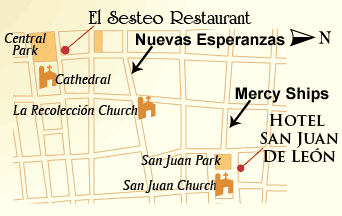
Map of León, showing points of interest
I modified the map on the hotel website to add the present location of Nuevas Esperanzas and the old location of Mercy Ships where Kristine used to live and work.


